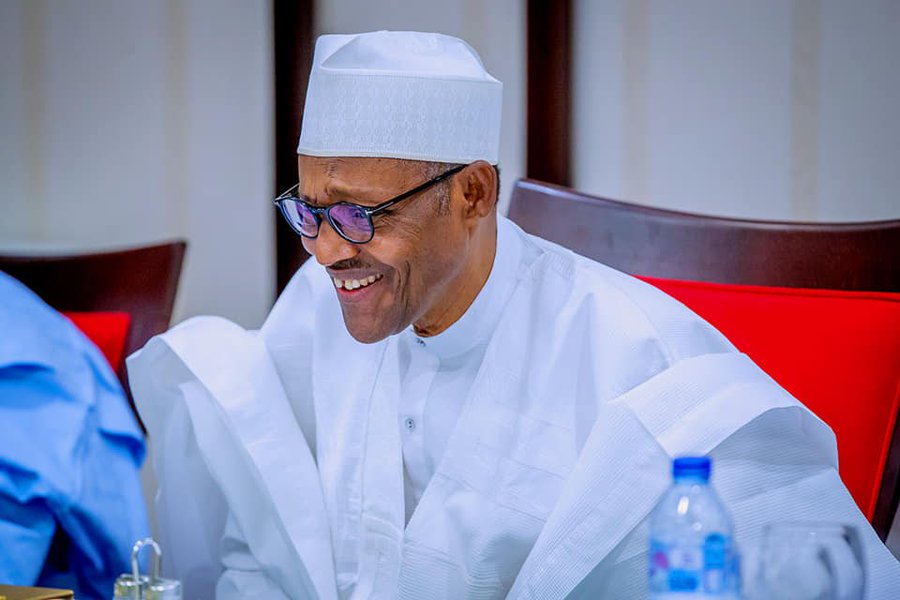Nigerian federal government spent N943.12 billion out of the N950.56 billion which is the total revenue accrued to it between January and March (quarter 1) of 2020 on debt servicing, leaving a balance of N7.44 billion.
But member of Presidential Economic Advisory Council, Mr Bismark Rewane, attributed the development to the sudden drop in government revenues.
According to the Addendum to the 2020-2022 Medium Term Expenditure Framework and Fiscal Strategy Paper (MTEF/FSP) released by the Debt Management Office on its website, “As at end of March 2020, FGN’s retained revenue was N950.56 billion.
“The share of oil revenue was N464.03 billion (representing 70% performance) while Non-oil tax revenue was N269.41 billion (60% performance).
“Company Income Tax (CIT) and Value Added Tax (VAT) collections were N129.72 billion and N42.23 billion respectively, representing 62% and 58% of the prorata.
“Customs collections was N97.47 billion (60% of target). Other revenues amounted to N217.11 billion, of which independent revenues was N51.12billion.
“On the expenditure side, N9.71 trillion was appropriated, while N2.37 trillion (representing 97.6% of the prorate, N2.43 trillion) was spent.
“Of the expenditure, N943.12 billion was for debt service, and N820.1 billion for Personnel cost and Pensions. As at March 2020, only N139.70 billion has been released for capital.”
According to the Budget Office, oil prices declined since the beginning of 2020 With Bonny Light crude price declining sharply from US$72 per barrel on January 6 to US$56.6 per barrel on February 11 and less than US$20 per barrel by late April 2020 and standing at US$12.41 a barrel on Tuesday April 28, 2020.
It attributed the decline in oil prices to both global demand shocks and market concerns over crude oil oversupply in addition to the price war between Saudi Arabia and Russia.
Rewane who spoke at the weekend said “once your revenue drops and your debt service is fixed, then you find that the ratio goes in the other direction but what is interesting is that we have components of debt: there is domestic debt, there is international commercial debts and there is the multilateral debt.”
According to him the situation could have been worse if government had not reduced domestic borrowing in favour of foreign loans.
“What we are seeing today, is that in the international market, debt rates have gone down. You can see that even in the United Kingdom it is .01, in the United States, it is about .10 per cent.
“So because interest rates have come down, the amount of interest to pay on debts have actually come down.
“It does mean that our nominal debt service has actually declined. Our revenues, however, have fallen by about 40 to 50 per cent.”




